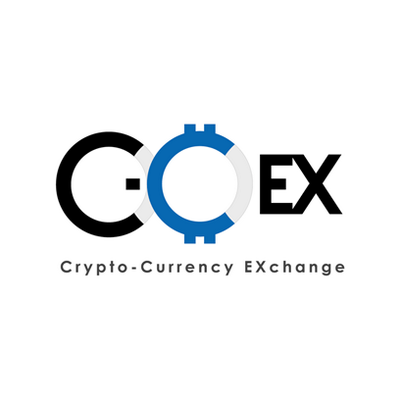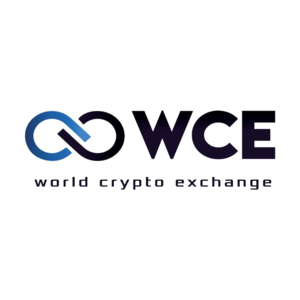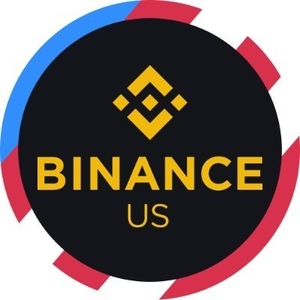
Uniswap (v3)
Uniswap (v3)

Uniswap v1 is an on-chain system of smart contracts on the Ethereum blockchain, implementing an automated liquidity protocol based on a “constant product formula”. Each Uniswap v1 pair stores pooled reserves of two assets, and provides liquidity for those two assets, maintaining the invariant that the product of the reserves cannot decrease. Traders pay a 30-basis-point fee on trades, which goes to liquidity providers. The contracts are non-upgradeable. Uniswap v2 is a new implementation based on the same formula, with several new highly-desirable features. Most significantly, it enables the creation of arbitrary ERC20/ERC20 pairs, rather than supporting only pairs between ERC20 and ETH. It also provides a hardened price oracle that accumulates the relative price of the two assets at the beginning of each block. This allows other contracts on Ethereum to estimate the time-weighted average price for the two assets over arbitrary intervals. Finally, it enables “flash swaps” where users can receive assets freely and use them elsewhere on the chain, only paying for (or returning) those assets at the end of the transaction. In Uniswap v3, when compared to Uniswap and Uniswap v2, Liquidity Providers have more control over where they are able to place their capital. Liquidity Providers in Uniswapv 3 are able to use their capital in more flexible and narrower price ranges that were not previously possible in Uniswapv2. This means that Liquidity Providers can collect more fees for less capital. Also, traders who want to trade or exchange their tokens will enjoy prices that are closer to where they want to complete their exchange..
Gebühren
Uniswap v3 offers three different fee tiers: 0.05%, 0.30%, and 1.00%. These options are introduced so that liquidity providers make their strategies based on the risks they are willing to take. The lowest fee tier of 0.05% may be ideal for stablecoins. In Uniswap v3, there can be multiple pools for the same token pair.
Bewertung
0/5
Vollständige Adresse
Unknown
Verwandte Börsen
Verwandte Börsen
Eine Liste verwandter Börsen. Die folgende Liste enthält die Top-Crypto-Börsen, die Bitcoin, Ethereum, Litecoin, XRP und andere berühmte Altmünzen unterstützen. Diese Liste bietet auch einen kurzen Überblick darüber, welche Börsen für den aktiven Handel besser geeignet sind.












